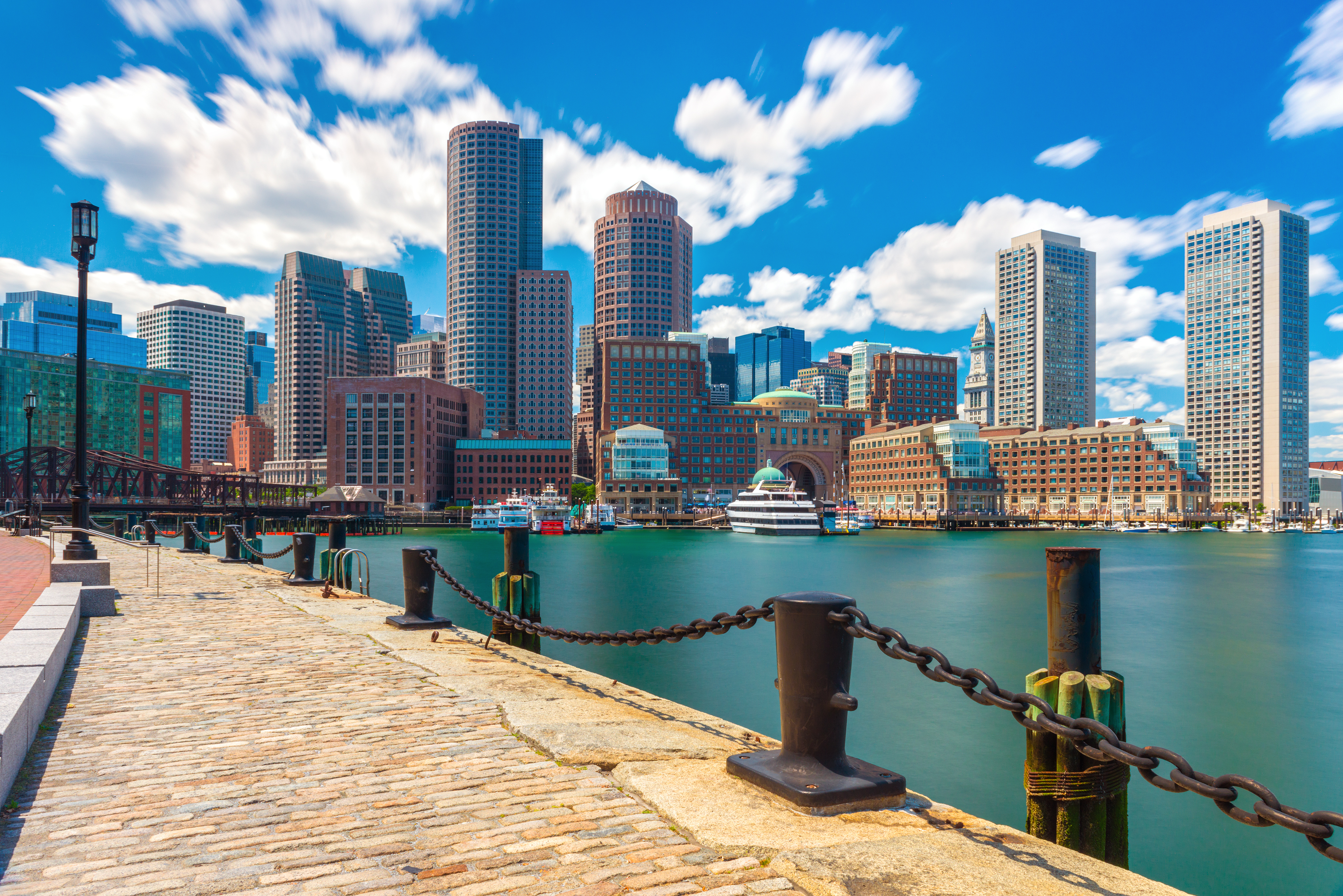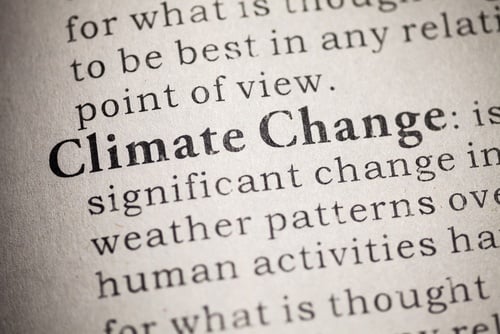Banned In Boston? City Seeks to Stop New Fossil Fuel Infrastructure

In August of this year, Massachusetts Governor Charlie Baker signed into law House Bill 5060 “An Act Driving Clean Energy and Offshore Wind” into law
A controversial part of the bill was a provision allowing for a pilot program of 10 cities and towns to require all new building projects to be electric (with the exception of hospitals and labs). The Boston City Council in September voted to become one of those cities, after the proposal was introduced by Mayor Wu.
How the provision works is it would allow individual cities to develop local ordinances preventing new building projects (or large scale renovation/rehab projects) from using fossil fuels and enforce those ordinances by denying permits. (As an aside, you may remember that Brookline MA, one of the ten pilot cities, one night at a town meeting voted to ban oil and gas infrastructure in town in 2019 – a provision that was ultimately struck down. Essentially, the policy Brookline attempted to enact in 2019 is in some ways the blueprint for how the ordinances in the new pilot program work.)
It's unclear whether Boston will be allowed to join the program, as there are already 10 slated participants (Acton, Aquinnah, Arlington, Brookline, Cambridge, Concord, Lexington, Lincoln, Newton and West Tisbury). Conceptually, cities and towns that are not the size and population of Boston would seem to be a better fit for a pilot program of any kind – it is possible they will get approved however, because a requirement of participation is that the town meet the States 10% affordable housing target, and West Tisbury looks like it will fall short.
Speaking of affordable housing, one of the main concerns around the pilot program is that it would drive up costs for construction and extend timelines for building (particularly as multifamily dwellings are non exempt from the ordinances) which could further exacerbate Boston’s existing housing crisis, as well as continue to push lower SES community members out of the City, something that has already picked up steam post pandemic. The other half of that coin is serious reservations about the impact to union jobs in the program cities, particularly for pipefitters.
On the other hand, 70% of Boston’s carbon emissions are from buildings, according to the City’s latest Climate Action Report, so in that sense going right to the source makes sense on some level.
I wrote an article for Oil & Energy Magazine that goes into more detail on the bill and its support/objections. You can read that article in its entirety here: Boston Seeks to Ban Fossil Fuels in New Buildings


